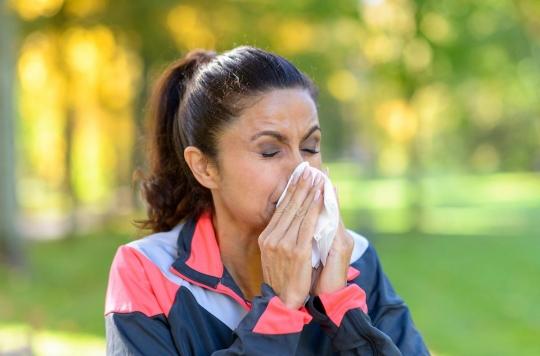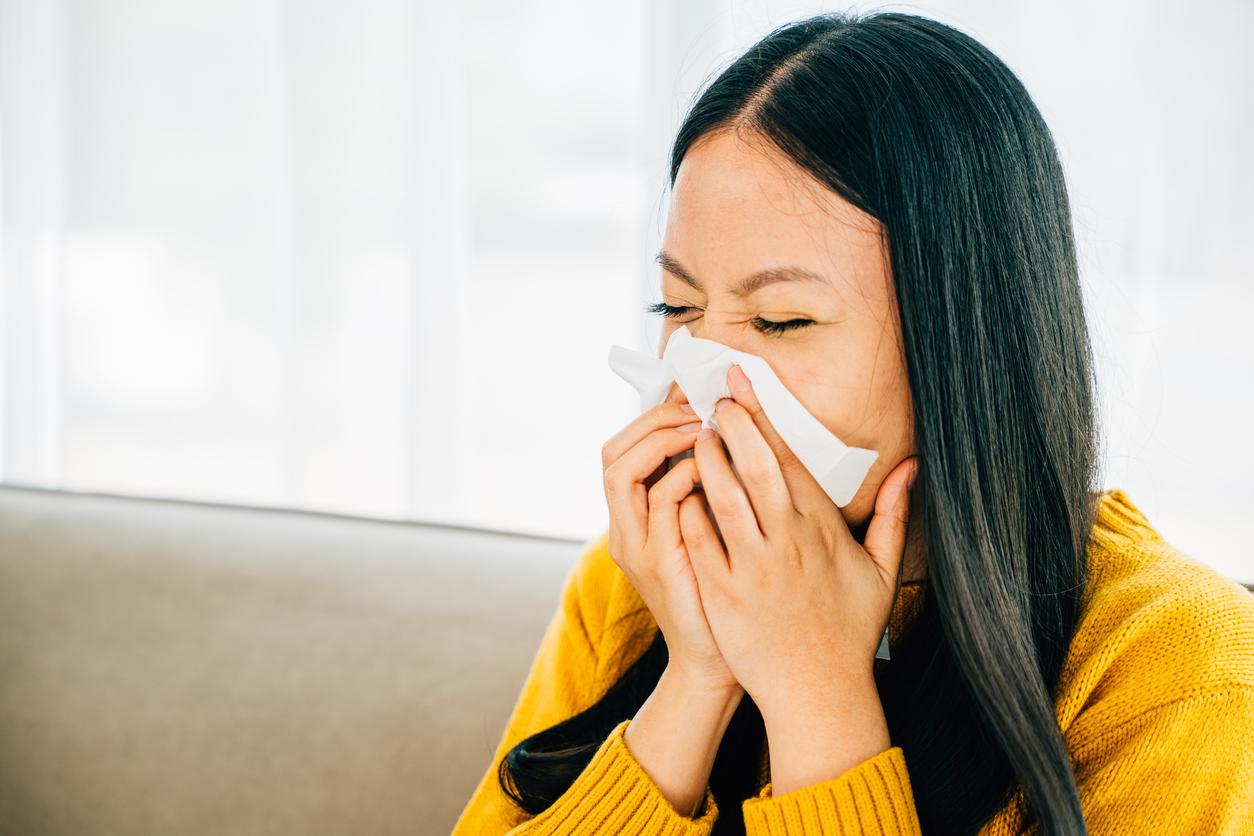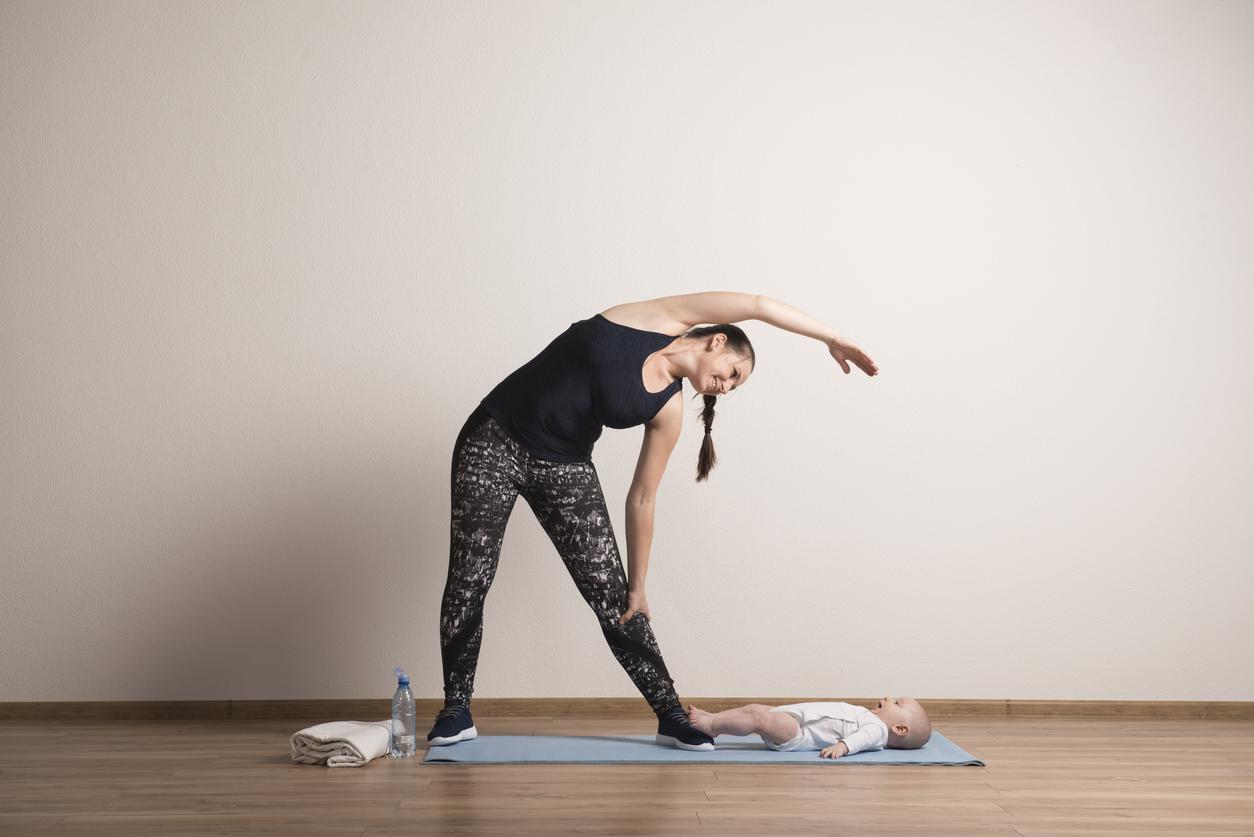Allergy medications reduce increased blood flow to muscles during exercise, control blood sugar, and prevent proper recovery.

- Allergy medications reduce the increase in blood flow to muscles during exercise by 35%.
- Antihistamines block the expression of a large number of genes that activate after physical exertion to help the body recover.
- Adjusting the dosage would reduce the harmful effects of antihistamines during sports.
This study is not good news for athletes allergic to pollen. Research by scientists from the University of Ghent in Belgium and the University of Copenhagen in Denmark suggests that antihistamines eliminate the benefits of physical exercise. Published on April 14 in the journal Science Advancesshe concludes that taking these allergy medications is even counterproductive since they reduce the increase in blood flow, blood sugar control and prevent proper recovery.
Antihistamines block the expression of many recovery-related genes
The actions of physical activity and antihistamines on the body appear contradictory. “Aerobic exercise produces a powerful preventive action in cardiovascular, metabolic and chronic diseases. However, blocking histamine receptors prevents these microvascular and mitochondrial adaptations. As a result, improvements in athletic ability, glycemic control and vascular function are diminished.”, specifies Wim Derave, sports physiologist at the University of Ghent and main author of the study. Drugs against allergies, for example, reduce the increase in blood flow to the muscles during exercise by 35%.
These results confirm a previous study, published in 2016 in the Journal of Physiology, which showed that certain antihistamines block the expression of a large number of genes that activate after physical exertion to help the body recover. After sport, the activation of some 3,000 genes acts on the muscles and on the blood vessels to help them evacuate the traces of muscular stress linked to the effort. But in athletes taking antihistamines, 27% of these genes appear blocked.
So much sweat, not the same effects
In this study, researchers subjected twenty volunteers to a high-intensity interval training program three times a week for six weeks. One hour before each session, half of them received drugs that block histamine H1 and H2 receptors, and the other half a placebo.
After six weeks, participants who took antihistamines experienced significantly less physiological improvement than those in the placebo group, particularly in terms of glucose metabolism, the ability of mitochondria to produce energy or the formation of new capillaries. “Volunteers taking antihistamines sweated just as much, exerted as much as others, but did not experience the same beneficial effects”, explained Wim Derave to the site Reverse.
Adapt the dosage
In conclusion of their study, the researchers want to be reassuring. They used a combination of two types of drugs (anti-H1 and anti-H2) which are rarely taken at the same time, at least not at such high levels as during the experiment. “It is possible that with dosage adjustment or longer training, these effects will be counteracted.”, the scientists wrote.
.
















